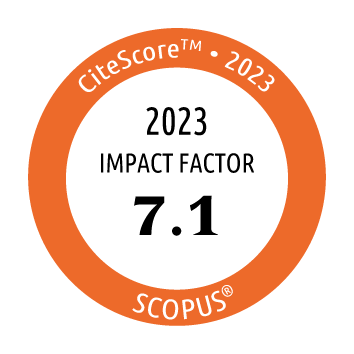|
Background:
Asthma is one of the
most common chronic
inflammatory
diseases in
developed countries.
Susceptibility to
asthma is associated
with interaction
between multiple
genes and
environmental
factors. Several
cytokines play a
major role in the
pathophysiology of
the disease.
Objective: We
analyzed the
distribution of
cytokine gene
polymorphisms in a
group of patients
with asthma and a
control group in
order to determine
the effect of these
variants, or their
combinations, on the
development of
clinical phenotypes.
Methods: We
genotyped 22
single-nucleotide
polymorphisms (SNPs)
corresponding to 13
cytokine genes (IFNG,
IL1A, IL1B,
IL1R1,
IL1RN, IL2,
IL4, IL4R,
IL6, IL10,
IL12B,
TGFB1, and
TNFA) in 376
individuals (219
asthmatic patients
and 157 controls).
Genetic association
was evaluated using
genotype and allele
models for different
asthma phenotypes.
Genegene
interactions were
explored using
multifactor
dimensionality
reduction.
Results:
Genotype AC of
IL12B -1188 was
associated with the
presence of asthma.
A signifi cant
association was
detected between 2
SNPs analyzed in
TNFA (308 and
238) and atopic
asthma and
severe-persistent
asthma. The IL1B
TT haplotype (3962T
and 511T) was also
associated with
atopy and
moderate-persistent
asthma.
Conclusion:
Our data show that
the presence of SNPs
in IL12B,
TNFA, and
IL1B was
significantly
associated with
asthma, atopy, and
severity of asthma.
We also highlight
the importance of
genetic context,
haplotype, and
genegene
interaction analysis
in genetic
association studies.
Key words:
Asthma. Atopy.
Cytokine. Gene.
Polymorphisms. |




